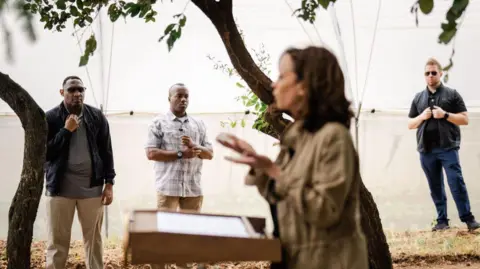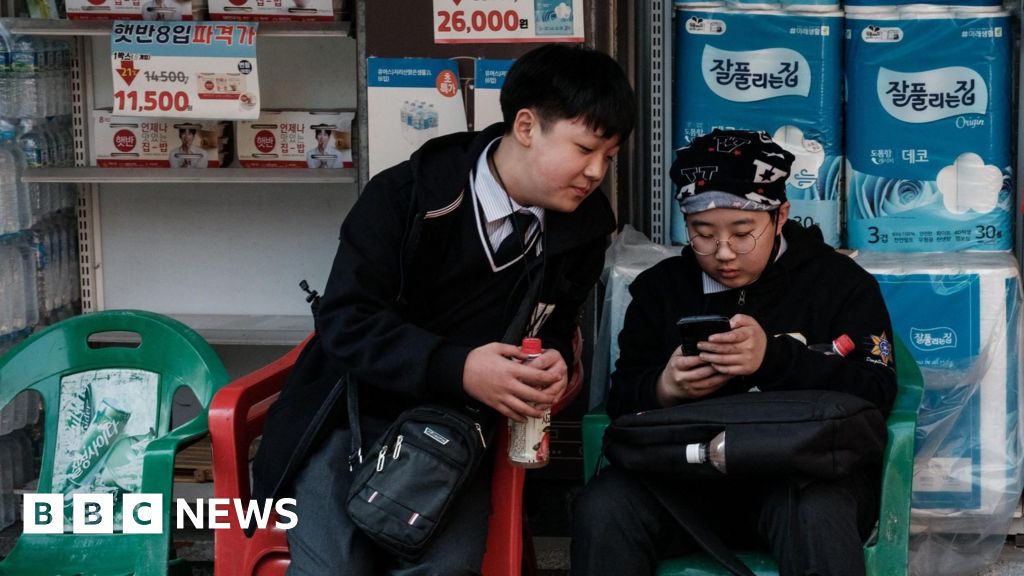In a troubling development, a closed marine zoo in southern France, Marineland Antibes, has resorted to sexually stimulating a male orca, Keijo, to prevent inbreeding with his mother, Wikie. The zoo shut its doors in January, yet the French government, alongside animal rights organizations, has not reached a consensus on suitable rehoming options for the orcas ahead of new legislation banning marine animal performances.
Currently, both orcas remain confined to their pools, cared for by staff during this prolonged limbo. A recent investigation by the activist group TideBreakers revealed footage of trainers performing the stimulation on the 11-year-old Keijo, who is reportedly experiencing significant sexual urges as he matures. This method was deemed necessary by Marineland management to curb potential aggressive interactions between the mother and son duo, noting that keeping them apart poses a threat to their wellbeing in their captive environment.
Despite the controversial nature of this practice, Marineland insists that the stimulation is necessary and devoid of cruelty. However, Valerie Greene, a former trainer at SeaWorld Orlando, expresses concern, highlighting that such practices are usually aimed at artificial insemination rather than sexual relief.
The plight of Keijo and Wikie has intensified following the death of another male orca in Japan, leading to speculations about the potential trading of Keijo's semen for breeding purposes. Though Marineland denies intentions of selling orca semen, activists assert that this situation exemplifies a troubling priority in a captive environment characterized by neglectful practices.
Caught in this regulatory and ethical quagmire, alternatives for rehoming remain uncoordinated as the French ecology ministry evaluates the next steps. Activists and wildlife protection advocates call for immediate solutions, emphasizing the urgency for the orcas’ welfare as the clock ticks down on this already stalled situation. Time is of the essence for these marine mammals, who desperately need a more suitable habitat than their current isolated enclosure.





















